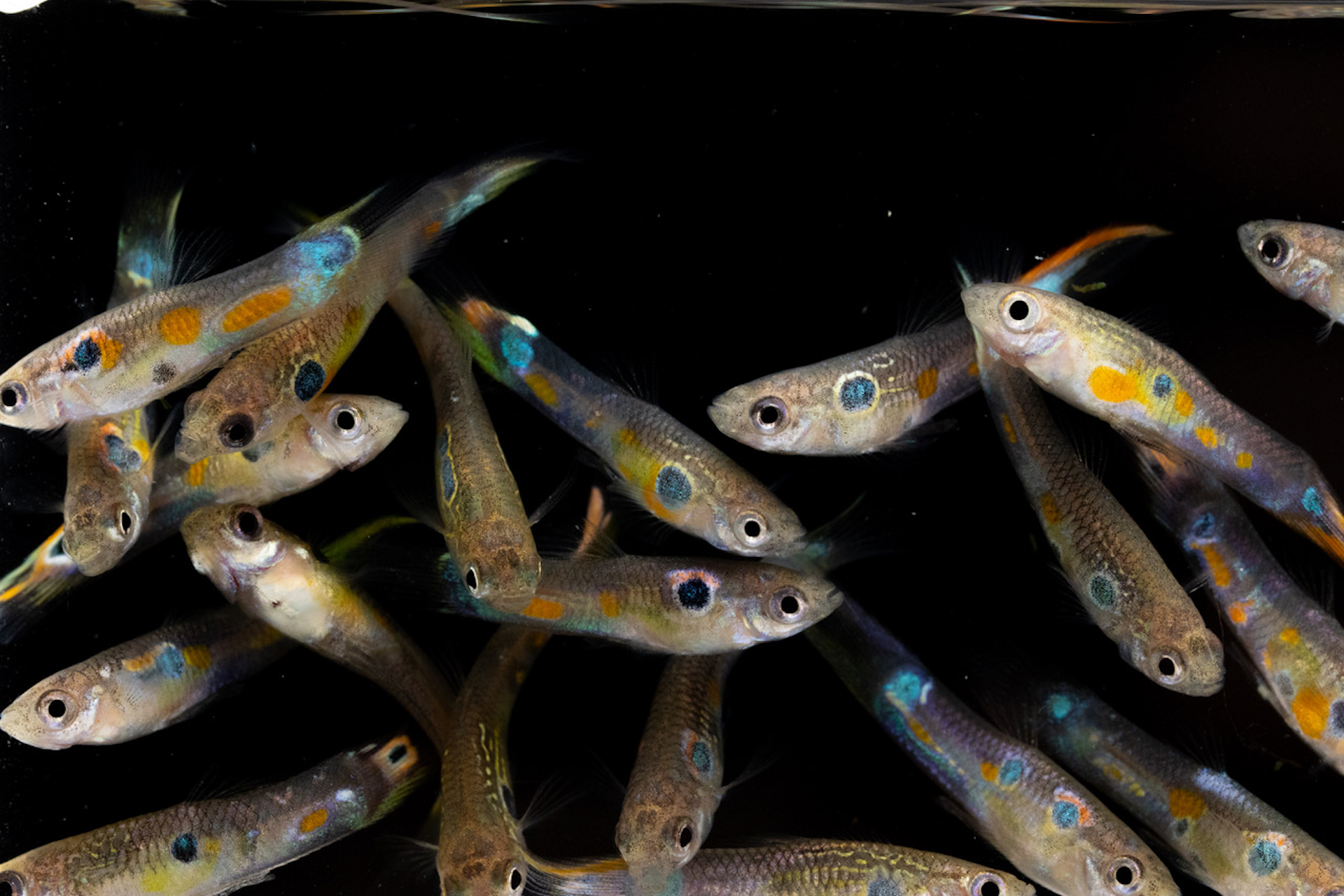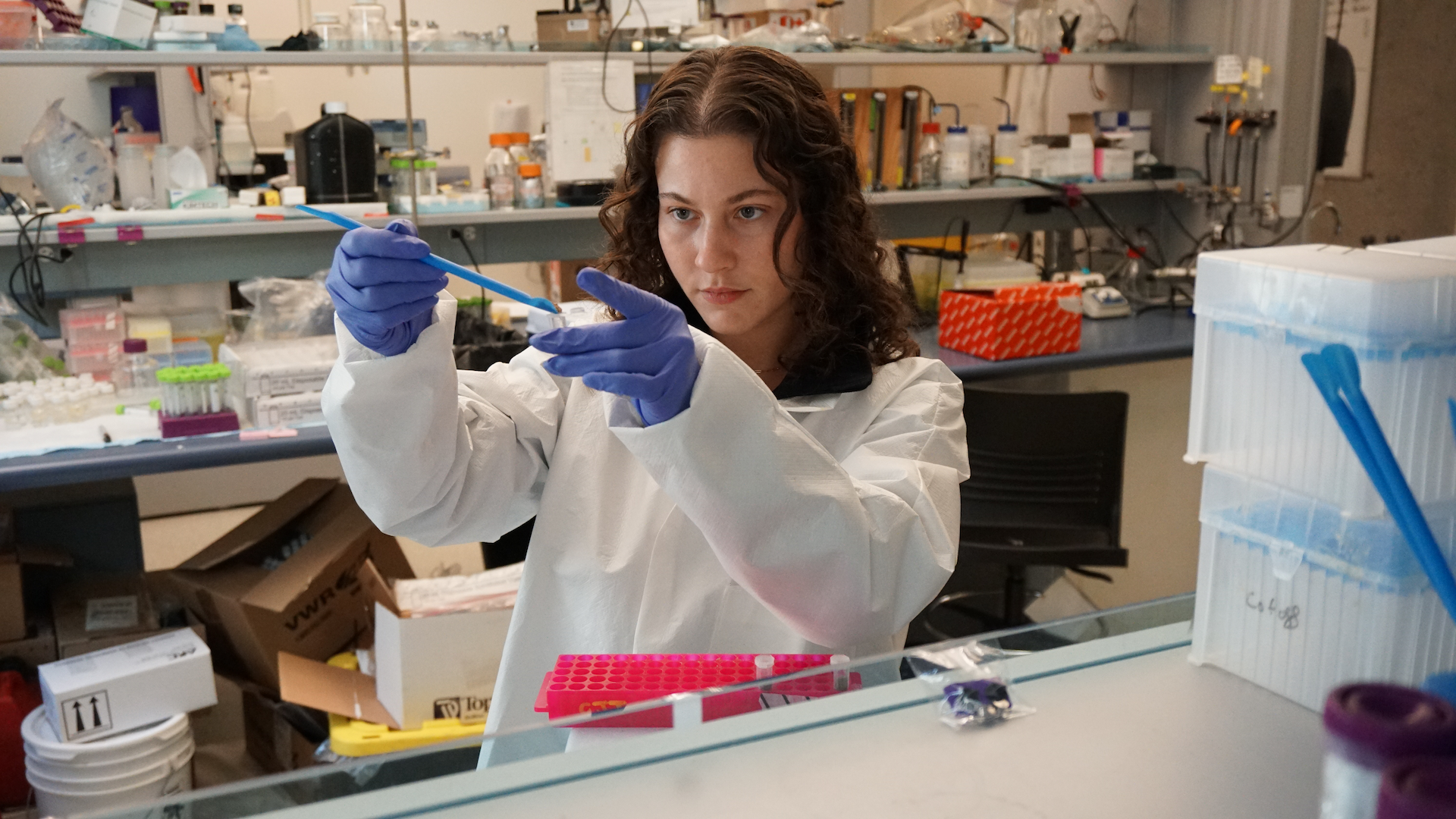COVID-19
-
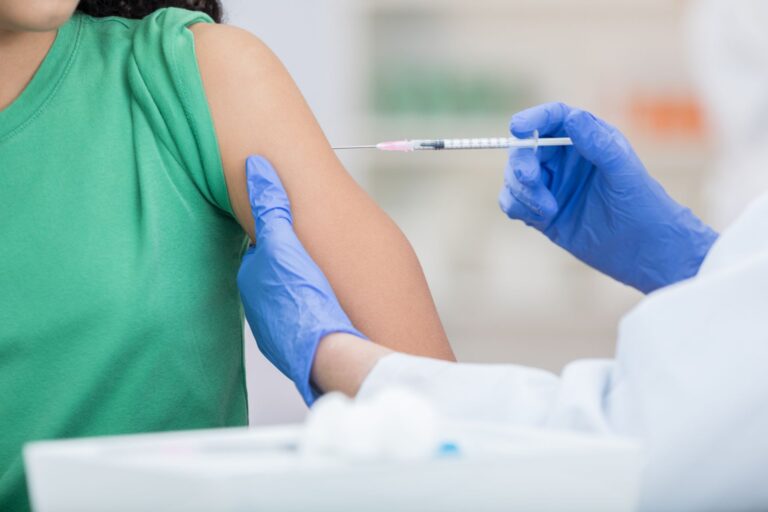
How fall vaccines keep pace with evolving viruses
UBC medicine researchers share how new vaccines are handled to ensure they are safe and effective against evolving strains of influenza and SARS-CoV-2.
-

Global wildlife study during COVID-19 shows rural animals are more sensitive to human activity
According to the study, plant-eating animals are more active while carnivores more cautious around humans.
-
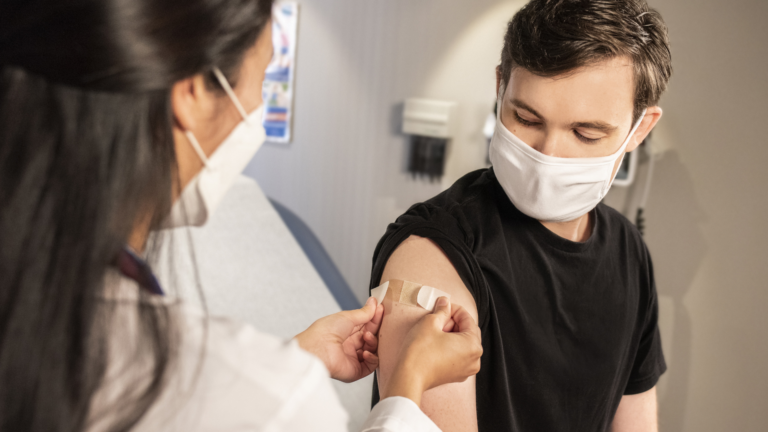
New variants, new vaccines. Here’s what you should know about COVID-19 going into fall.
Dr. Horacio Bach, a clinical assistant professor with UBC’s division of infectious diseases, answers key questions about the new COVID-19 variants and vaccines.
-

B.C. sea sponge has COVID-blocking powers
UBC researchers have identified three compounds that prevent COVID-19 infection in human cells, derived from natural sources including a B.C. sea sponge.
-
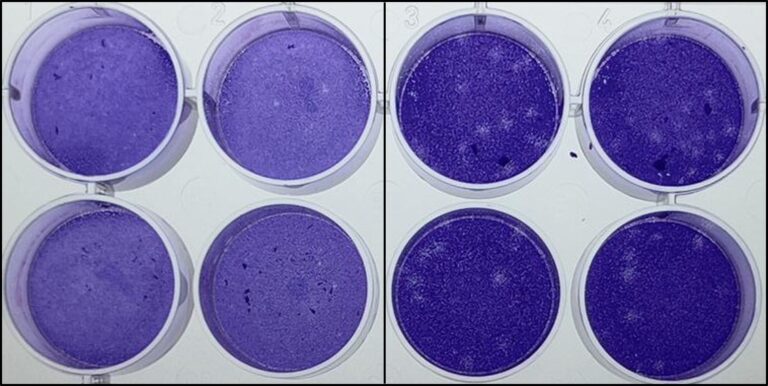
From COVID-19 to the common cold: UBC scientists identify broadly effective, infection-halting compound
Researchers at UBC’s Life Sciences Institute have identified a compound that shows early promise at halting infections from a range of coronaviruses, including all variants of SARS-CoV-2 and the common cold.
-
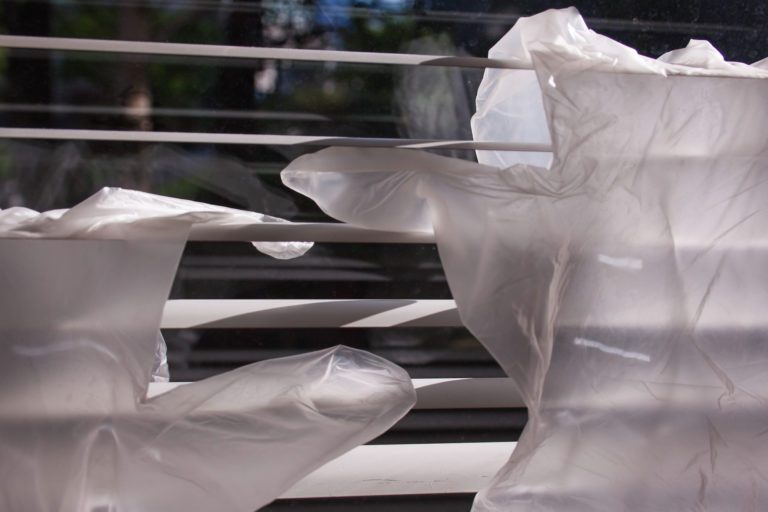
Photo exhibit shows pandemic through the cameras of older adults
Vancouver can be a lonely city, even more so for older people. And that was before the COVID-19 pandemic forced residents to stay home.
-

COVID-19 lockdown may have accelerated HIV transmission in some at-risk populations
A new study led by researchers at UBC and the BC Centre for Excellence in HIV/AIDS (BC-CfE) is shedding light on how COVID-19 pandemic restrictions impacted another long-standing public health threat — HIV.
-

Children are entering a fourth school year in a pandemic — expert advice for parents
As children head back for a fourth school year with COVID-19, many parents are hoping their kids will be able to enjoy a mostly normal school experience. But with new variants circulating and respiratory virus season on the horizon, many also have concerns and questions about what the new school year will look like.
-
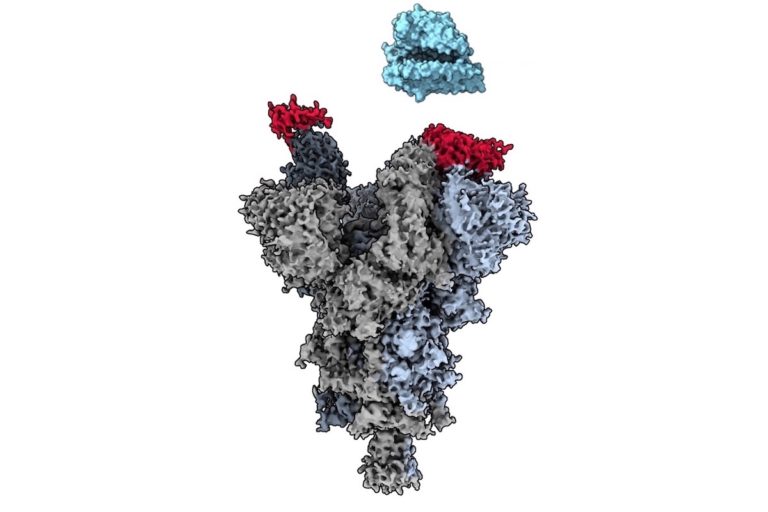
UBC researchers discover ‘weak spot’ across major COVID-19 variants
Researchers at the University of British Columbia have discovered a key vulnerability across all major variants of the SARS-CoV-2 virus, including the recently emerged BA.1 and BA.2 Omicron subvariants.


